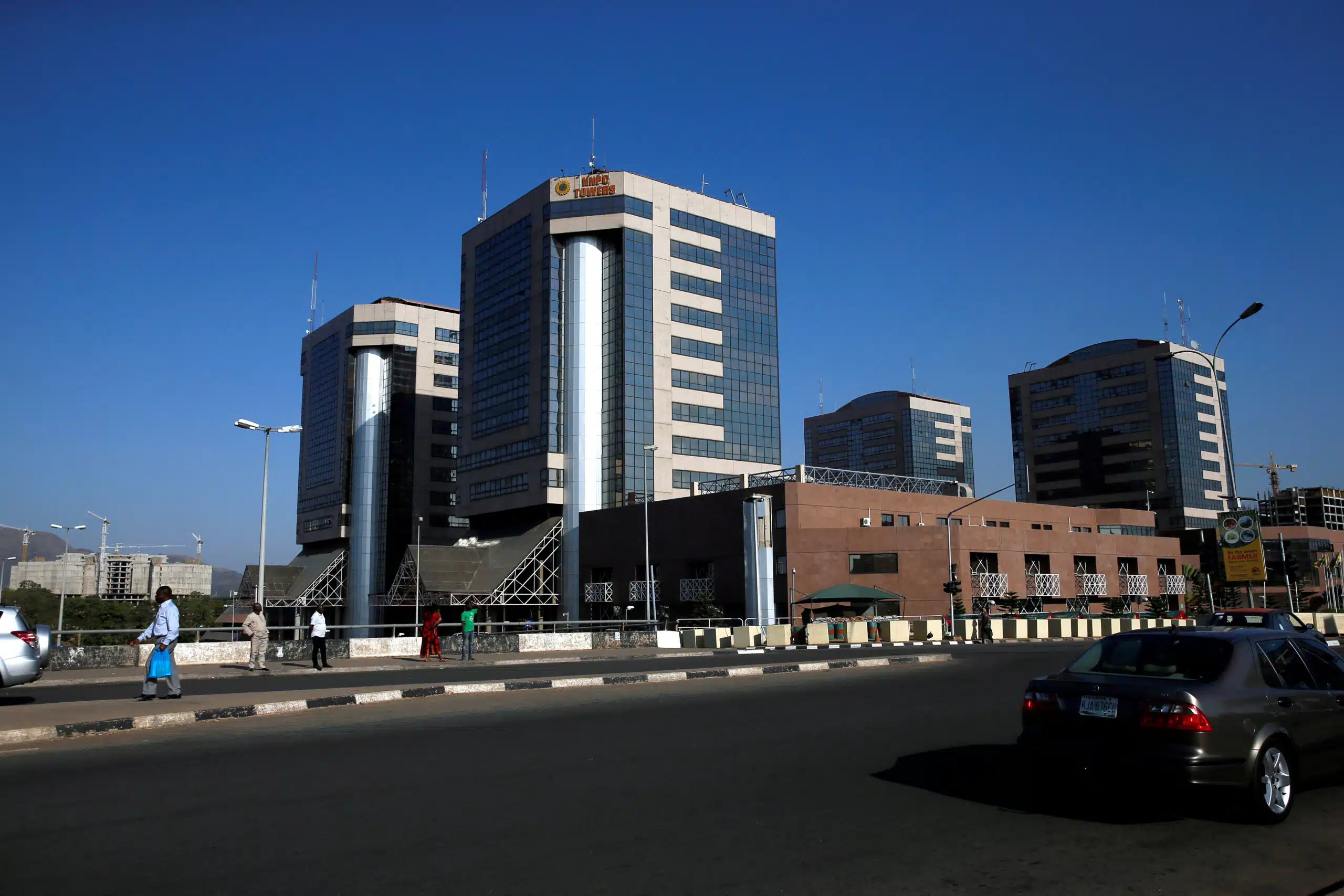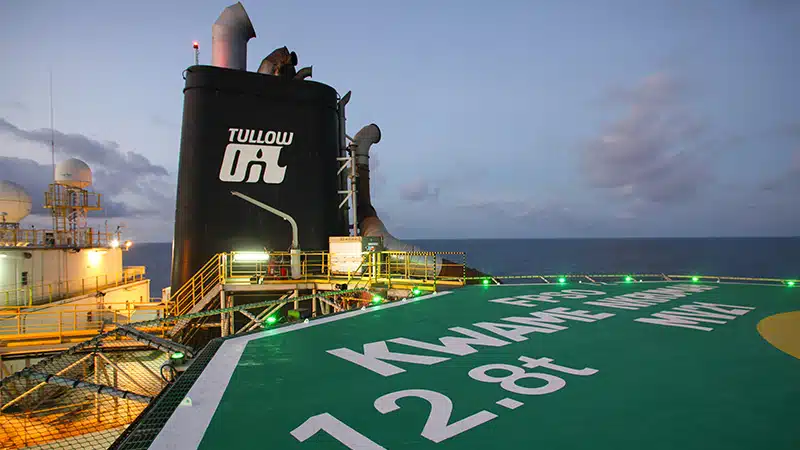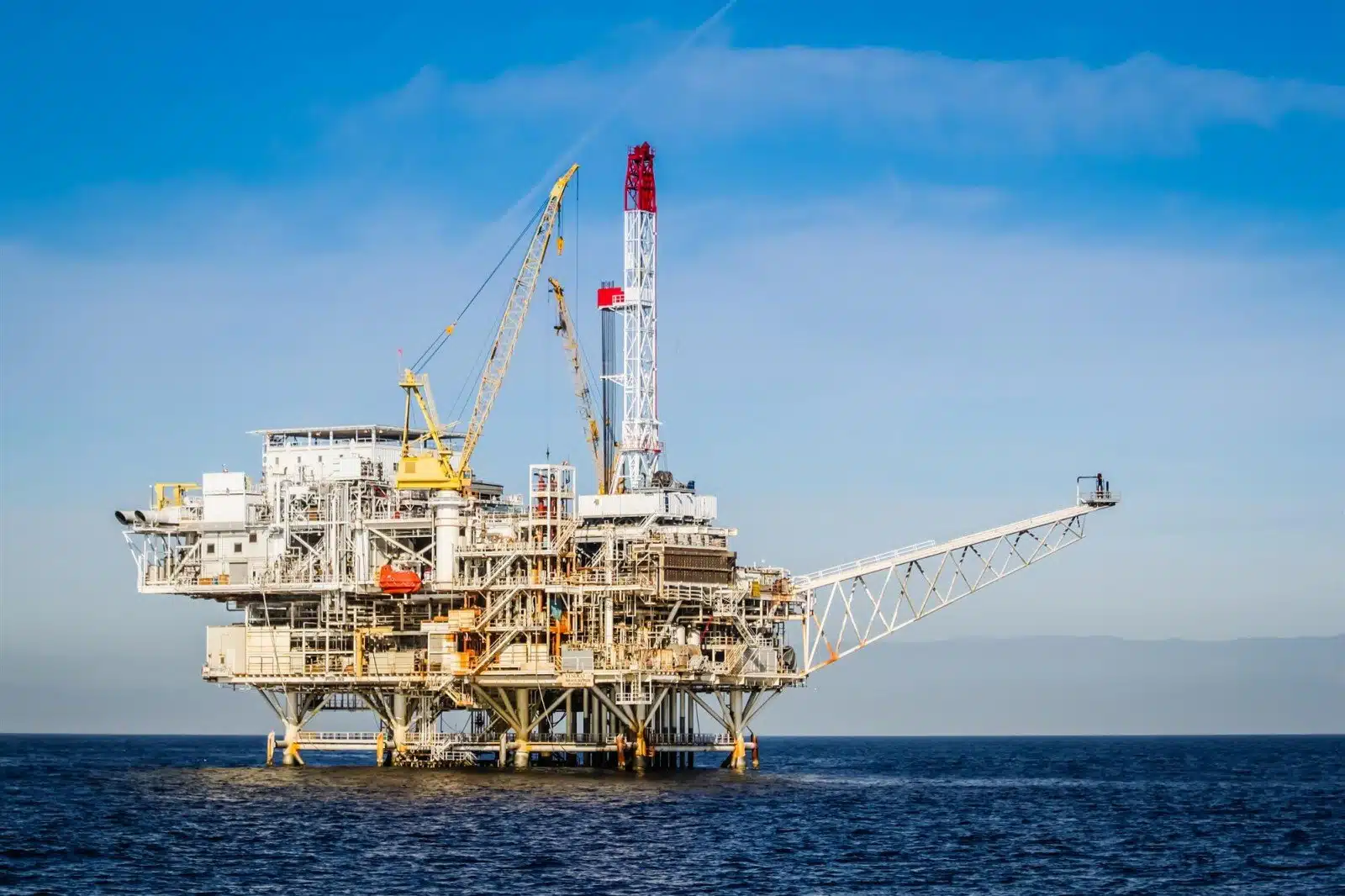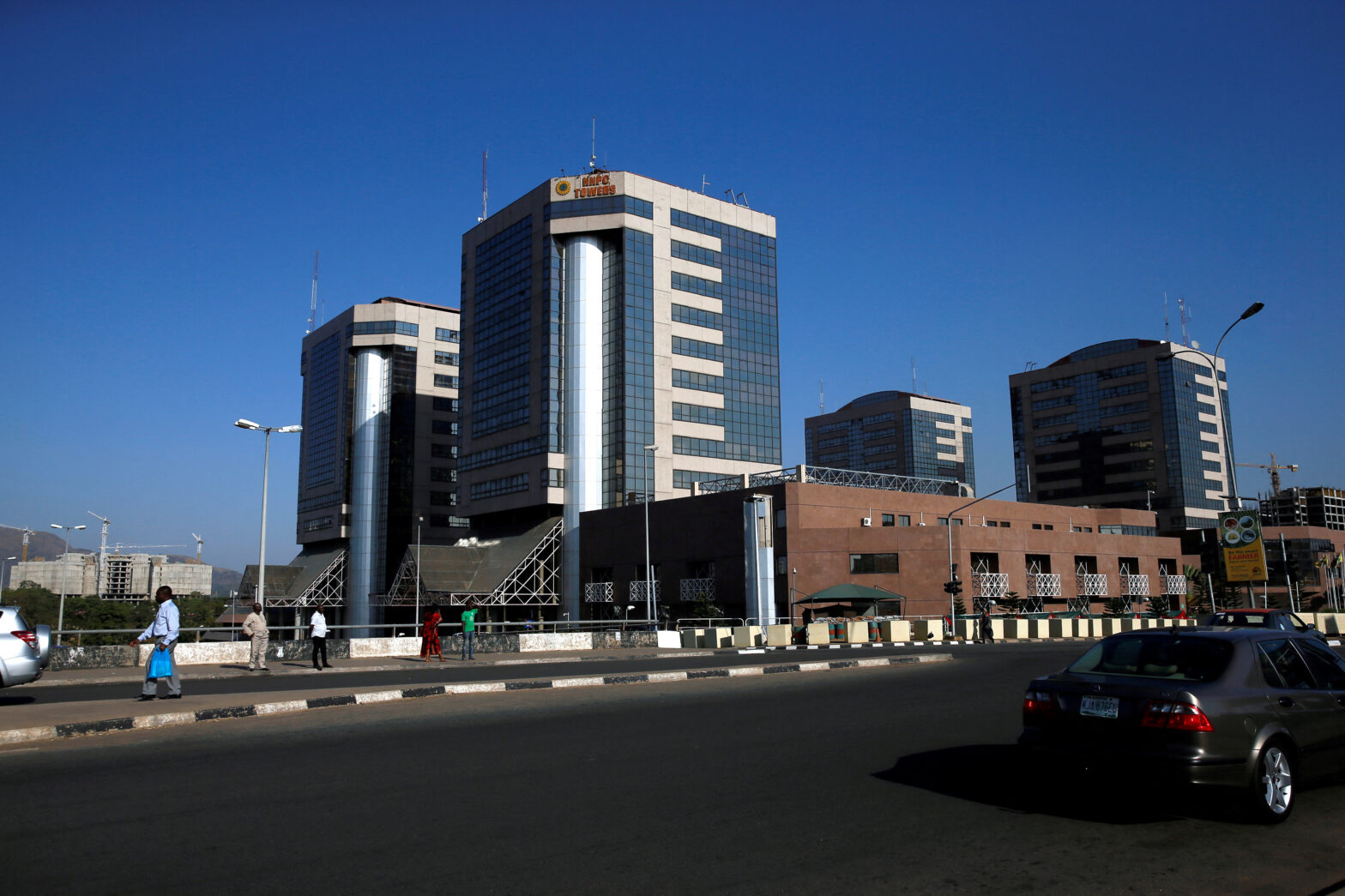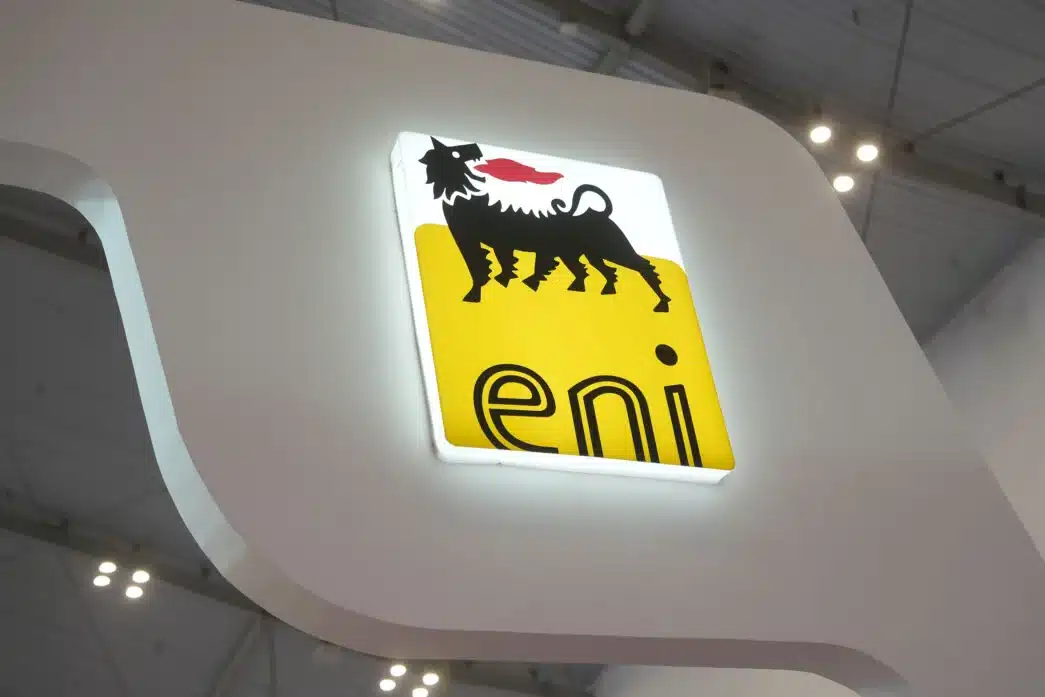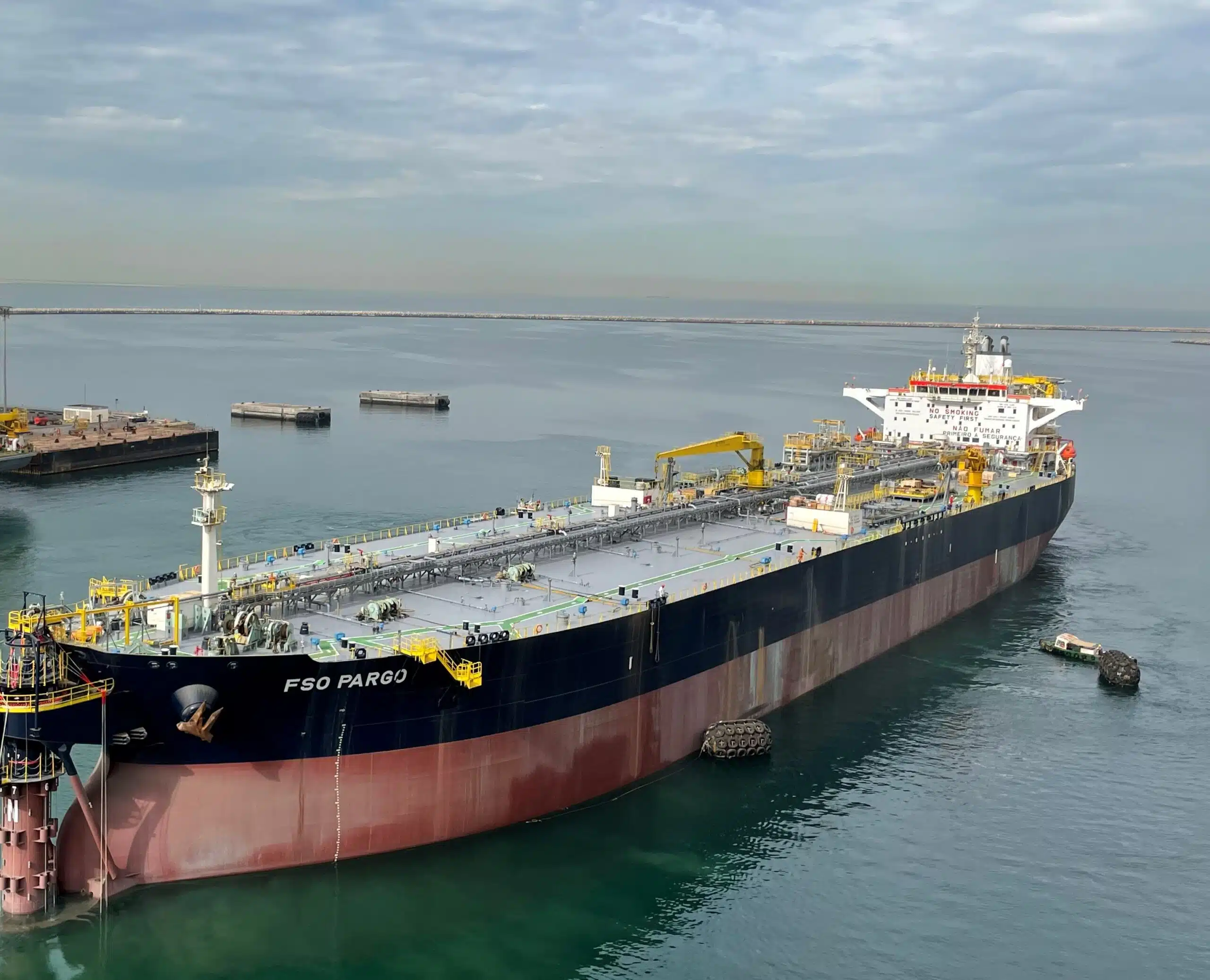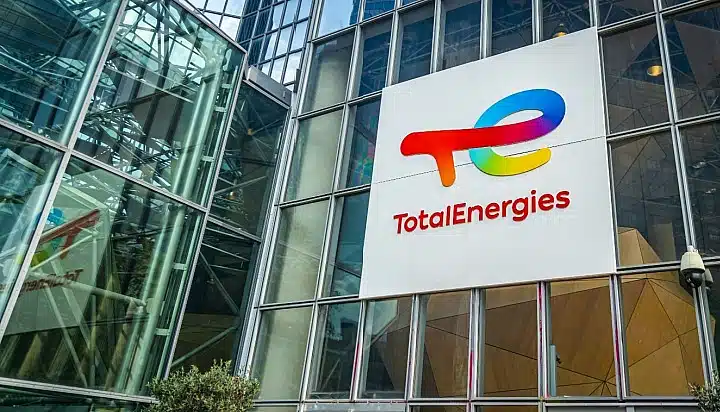The Nigerian National Petroleum Corporation Limited (NNPCL), the country’s state-owned oil company, has been under fire lately with a reshuffling of its leadership following the end of the tenure of its former Group Chief Executive Officer, Mele Kolo Kyari, earlier in April.
According to credible reports from local news outlets, the Economic and Financial Crimes Commission (EFCC), an anti-graft agency, has now detained multiple top officials who ‘resigned’ from their positions during the leadership reshuffling.
Reports note that these top officials, including the Chief Financial Officer, Umar Isa, as well as the former Managing Director of the state-owned Warri refinery, Jimoh Olasunkanmi, and others, are now all in EFCC custody.
While the charges against these former high-profile employees are currently unknown, the anti-graft agency noted that the investigation is linked to alleged $7.2 billion fraud around the rehabilitation of the three state-owned refineries—Port Harcourt, Warri, and Kaduna refineries.
Prior to their arrests, there had been various speculations about a shake-up and probe of the leadership of the national oil firm following a massive resignation of some of the staff.
The resignations, many believe, were perhaps an indefinite leave from the management of the oil firm to ensure independence from any malfeasance by the company’s employees.
After Kyari stepped down in May, it was reported that about 200 staff of NNPC were let go, some of them considered close allies of the former GCEO.
Refineries rehabilitation crisis
Perhaps the most controversial issue surrounding the immediate past leadership of the national oil company leading to these investigations is the failure to rehabilitate the state-owned refineries after millions of dollars were poured into them.
In 2019, when Kyari assumed office, one of his plans was to revive the country’s moribund refineries through a rehabilitation effort known as Turn Around Maintenance (TAM).
Nigeria, Africa’s largest oil-producing nation, has a total of four state-owned refineries, but none of them is operational. These refineries lie in waste as the country spends billions of dollars importing expensive petrol.
Kyari, on his part, gave an elaborate speech in one of his inaugural addresses stating that by the end of his tenure, all the refineries would be functional.
What followed, however, was a series of deadline postponements despite the TAM budget approved by the federal government for the petrochemical plants, particularly the Port Harcourt and Warri refineries.
According to reports, the federal government approved a total sum of $1.5 billion under Kyari for TAM for the Port Harcourt refinery. The project was supposedly contracted to Tecnimont S.p.A, an Italian firm, for a comprehensive rehabilitation of the refinery complex.
This followed a prior contract in February 2019, valued at $51.45 million, also awarded to Tecnimont for a detailed inspection and integrity study of the refinery’s equipment.
In addition, the government also awarded the sum of $492.3 million to revamp the Warri refinery and make it operational. As a matter of fact, Warri refinery gulped about N28.2 billion ($17 million) between 2014 and 2019, all part of the TAM effort to make it work.
But the refineries did not revive.
Close to the end of his tenure, Kyari announced that both the Port Harcourt and Warri refineries were now operational, although not at full capacity.
However, after he left office, the new management announced an “indefinite shutdown” of the refineries for further Turn Around Maintenance. The refineries have remained shut since then.
One of the officials currently in EFCC custody is the Managing Director of the Port Harcourt refinery, Ahmed Dikko, according to people familiar with the matter.
Missing money allegations
Apart from the rehabilitation crisis, NNPC also faced allegations around unremitted finances to the Federation Account, also amounting to billions of dollars.
Last week, the Senate Committee on Public Accounts, led by Aliyu Wadada, raised serious concerns over discrepancies amounting to trillions of naira in the audited financial statements of the Nigerian National Petroleum Company Limited (NNPCL).
The committee described the findings as both alarming and deeply troubling.
The panel said, “Legal fees were accrued without any explanation or documentation regarding the legal services rendered. The auditors’ fees raise similar questions. There are no clear justifications. Everything we’ve seen and heard from the audited financial statements is troubling.”
The disputed amount, according to the Senate, was around N210 trillion ($132 billion) between 2017 and 2023.
NNPC is yet to issue a statement regarding the accusations levelled against it by the country’s top legislative arm.
Crude-backed forward sales loans
While this was not stated as one of the reasons for the May leadership reshuffle, there have also been concerns regarding NNPC’s recent forward sale loans.
The national oil company offered a substantial volume of the nation’s crude oil to creditors to secure about $6 billion in loans within three years.
There are reports that the company is also scouting for a total sum of $5 billion from Saudi Aramco to help balance its books. According to a Reuters report, the loan now faces a delay due to a decline in oil prices.
NNPC secured a $3 billion crude-backed credit facility from African Export-Import Bank (Afreximbank), known as Project Gazelle. The company also got $2.76 billion from Lekki Refinery Funding Limited to acquire some stakes in the Dangote refinery.
NNPC also got crude-backed loans of about $1.5 billion from Eagle Export Financing Limited, known as Project Eagle, in 2020.
All of these crude forward sales loans have resulted in the oil company failing to supply its local refineries with sufficient crude oil, as it has committed a significant portion of its crude to its lenders.
While the former management of NNPC had shrugged off concerns regarding some of these facilities, noting that the company is financially liquid enough to pay off its debts, some reports indicate that the debt burden is opaque and marred by mismanagement, lack of transparency, and poor public accountability.
For instance, oil and gas expert Kevin Emmanuel believes the loans might not have been judiciously used for the purposes they were obtained.
“I cannot say the loans are properly used, because the $1.45 billion borrowed in December 2021 for Turn Around Maintenance of government-owned refineries has proven to be a waste, because none of those refineries are operational today,” Emmanuel said.
Where do we go from here?
While the investigations are still ongoing, it is unlikely that the top officials will remain in custody or be held accountable for the allegations against them.
It is not uncommon in Nigeria for former top officials to be detained by the anti-graft agency for such allegations, but prosecution—and particularly getting a verdict—are rarely the case.
Although there are a few exceptions. The former Central Bank Governor of the country, Godwin Emefiele, still has an ongoing case with the EFCC, with the latter charging him with mismanagement and abuse during his time in office.
As of the time of this report, the anti-graft agency is yet to issue an official statement on the arrest of the officials.
In May, there were reports that the former GCEO of NNPC, Mele Kyari, was invited by the EFCC. But he later debunked the claim as false.
He, however, said he will make himself available to respond to any future “lawful queries”.
As the investigations unfold, there are no reasons to doubt that he and others alike might also be called in for questioning.

